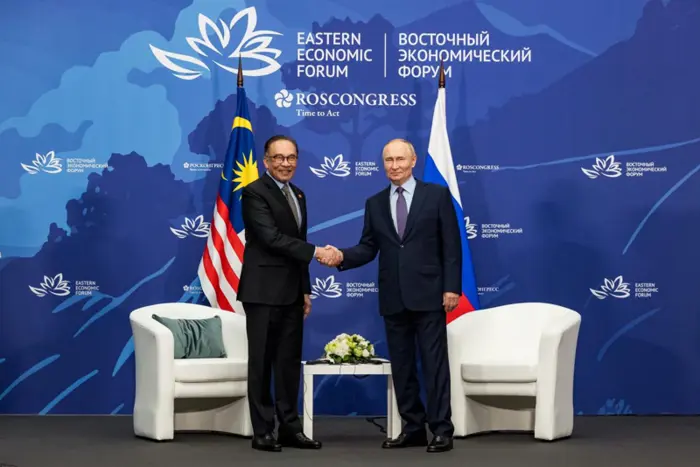
KUALA LUMPUR: Malaysia’s recent recognition as one of the partner countries in the BRICS coalition will significantly impact the nation’s economy. Prime Minister Datuk Seri Anwar Ibrahim expressed gratitude to Russian President Vladimir Putin for inviting him to the BRICS Summit. This invitation highlights Malaysia’s growing international presence and the opportunities that this partnership presents.
As a BRICS member, Malaysia gains access to emerging economies that make up a substantial share of global trade. The BRICS nations—Brazil, Russia, India, China, and South Africa—represent about 40% of the world’s population. They also have a combined Gross Domestic Product (GDP) of around US$26.6 trillion. This economic strength positions Malaysia to enhance trade relationships and attract foreign investment.
Additionally, joining BRICS comes at a crucial time for Malaysia as it seeks to diversify its economic partnerships. The government aims to leverage this membership to explore new trade opportunities, particularly in technology, agriculture, and energy. Collaborating with BRICS countries can lead to increased investment and vital knowledge exchange, which is essential for driving economic growth.
Moreover, Economy Minister Rafizi Ramli’s participation in the summit shows the government’s commitment to maximizing this partnership’s benefits. Engaging with BRICS nations allows Malaysia to negotiate favorable trade agreements, promote exports, and strengthen its competitive position in the global market. Thus, the potential for economic growth is substantial.
Furthermore, Malaysia’s involvement in BRICS opens doors for collaboration on sustainable development, innovation, and infrastructure investment. As global economic dynamics change, this partnership enables Malaysia to remain relevant and capitalize on new trends.
In conclusion, Malaysia’s membership in the BRICS coalition offers a strategic opportunity for economic growth. By fostering partnerships with emerging economies, Malaysia aims to enhance its international presence, attract investments, and ultimately improve the livelihoods of its citizens.
